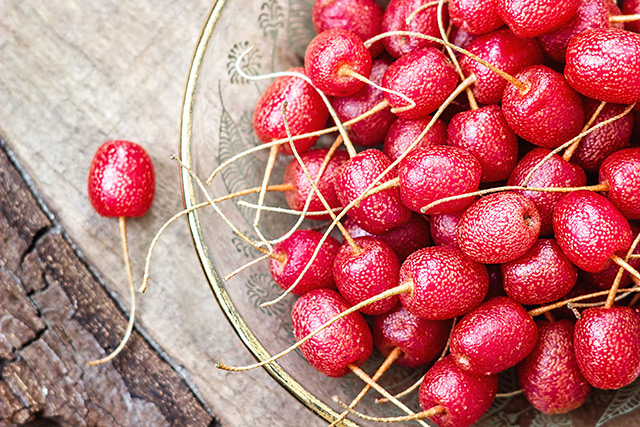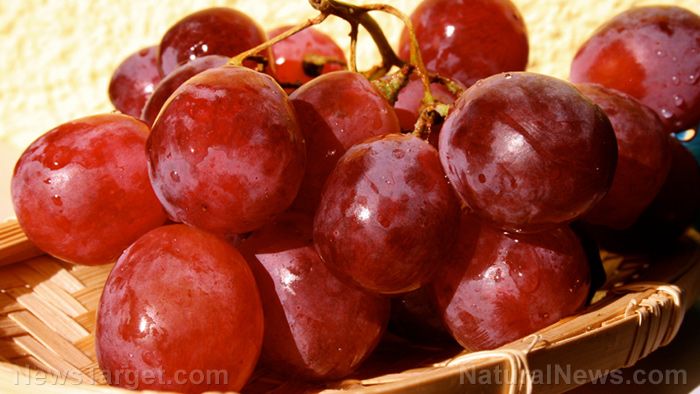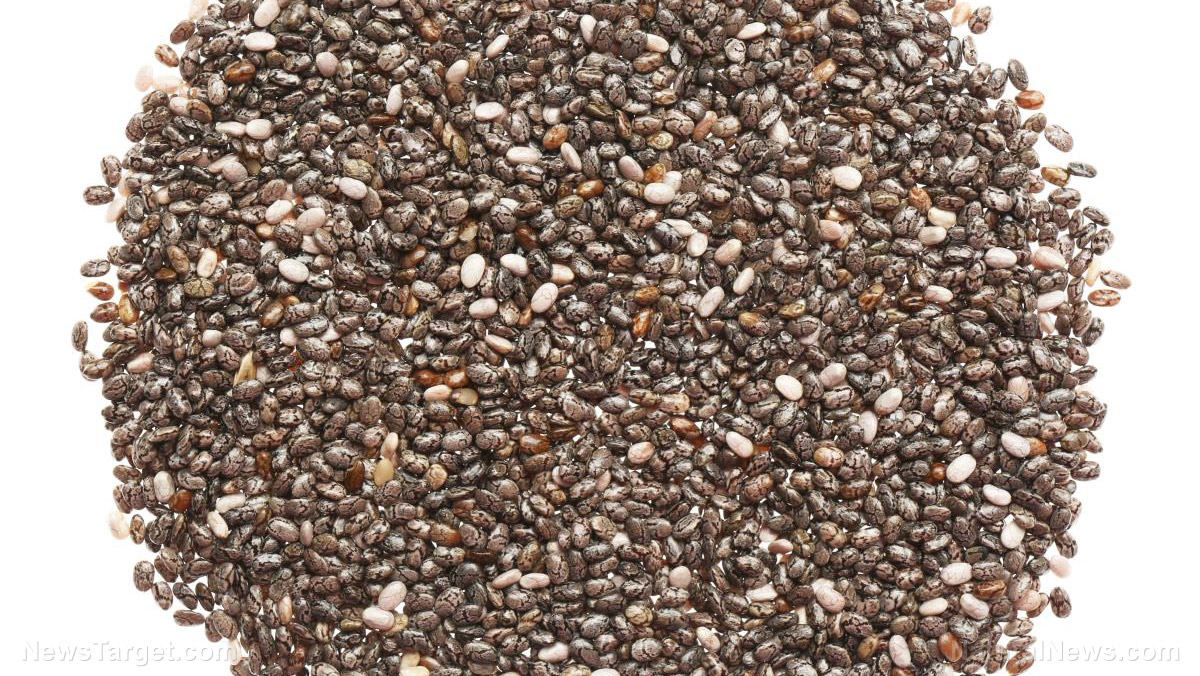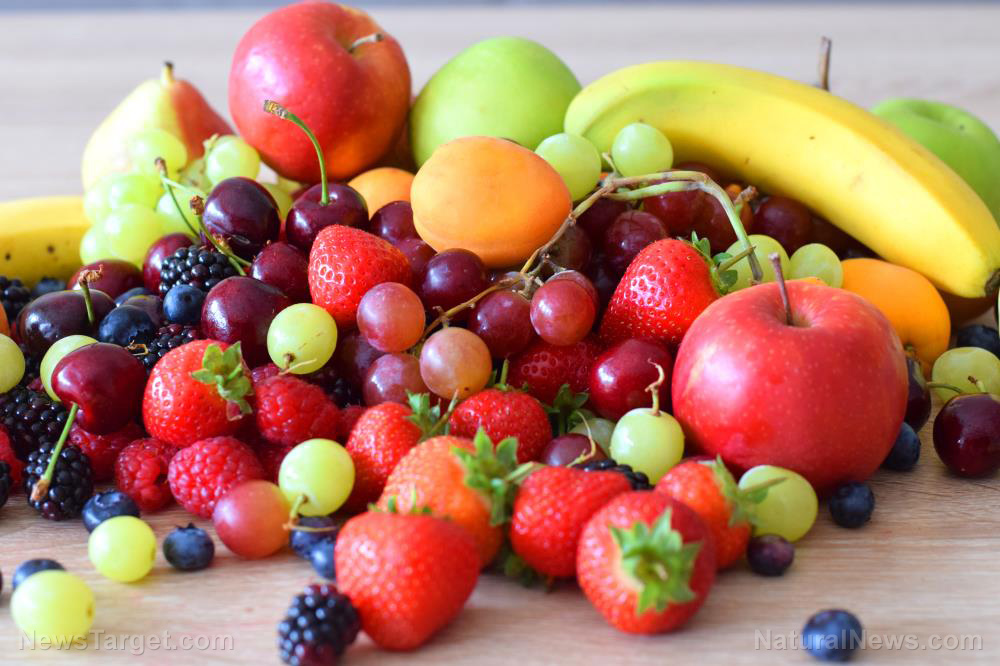Polyphenols in bog bilberry protect eyes against blue light damage
05/09/2019 / By Michelle Simmons

Researchers from Kyung Hee University in South Korea reported that polyphenols in bog bilberry (Vaccinium uliginosum) have the ability to protect the retina from damage caused by blue light. The researchers published their findings in the journal Nutrition Research.
- The researchers hypothesized that the polyphenols in bog bilberry can protect retinal pigment epithelial cells from damage caused by blue light.
- To test their hypothesis, they obtained bilberry extracts using water, ethanol, and resin as extraction solvents.
- They found that the resin fraction had the highest beneficial activity.
- The researchers isolated active compounds from the resin fraction and identified them as flavonoids, anthocyanins, phenylpropanoids, and iridoids.
- The researchers treated cell cultures with bog bilberry extract and its individual components and exposed the cells to blue light.
- They found that treatment with bog bilberry extract and its components reduced cell death and inhibited A2E accumulation.
- The researchers also examined the effects of bog bilberry extract and its components on mice.
- To induce retinal damage, they exposed the mice to blue light for one hour every day for two weeks.
- Treatment with bog bilberry extract inhibited the loss of outer nuclear layer thickness and nuclei in the photoreceptor cells of mice.
These findings suggested that bog bilberry is a good source of bioactive compounds that can treat age-related macular degeneration.
Visit AlternativeMedicine.news to read more about natural treatments for age-related macular degeneration.
Journal Reference:
Lee BL, Kang JH, Kim HM, Jeong SH, Jang DS, Jang YP, Choung SY. POLYPHENOL-ENRICHED VACCINIUM ULIGINOSUM L. FRACTIONS REDUCE RETINAL DAMAGE INDUCED BY BLUE LIGHT IN A2E-LADEN ARPE19 CELL CULTURES AND MICE. Nutrition Research. December 2016;36(12):1402-1414. DOI: 10.1016/j.nutres.2016.11.008
Tagged Under: age-related macular degeneration, aging, alternative medicine, AMD, blindness, blue light, blue light exposure, bog bilberry, clean food, disease treatments, eye health, eyes, eyesight, food cures, food is medicine, food science, foodcures, functional food, herbal medicine, Herbs, macular degeneration, natural cures, natural medicine, phytonutrients, polyphenols, prevention, remedies, research, retina, retinal damage, Vaccinium uliginosum, vision



















